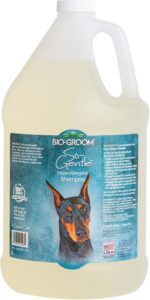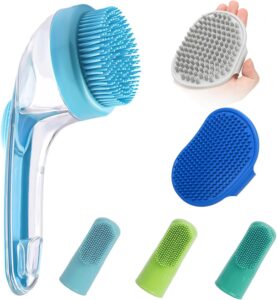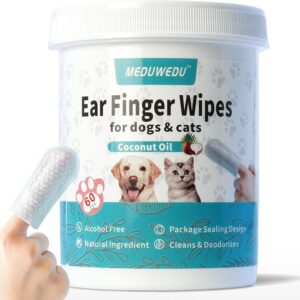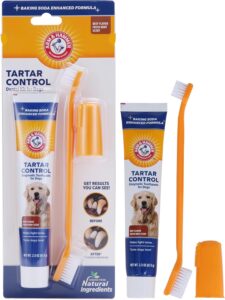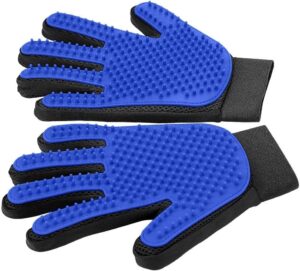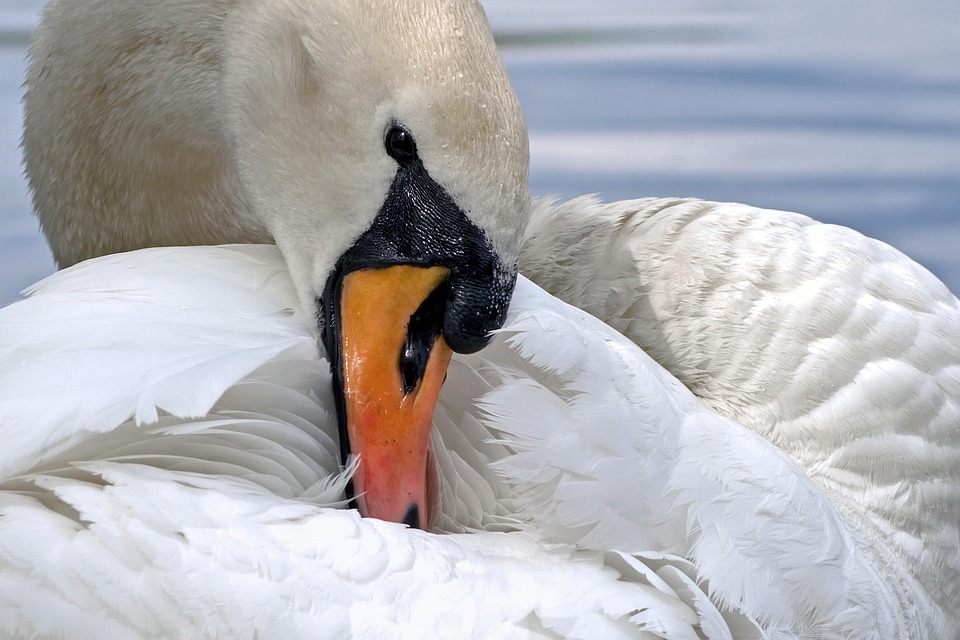
Introduction
Caring for pet birds involves various responsibilities, one of the most crucial being maintaining a clean and healthy environment. Regular cleaning of the bird cage is essential to prevent diseases, eliminate unpleasant odors, and ensure your feathered friends thrive. This ultimate bird cage cleaning routine will guide you through creating a healthier habitat for your birds, covering everything from daily tasks to deep-cleaning strategies.
Understanding the Importance of a Clean Cage
Birds are highly sensitive creatures, and their health can be significantly impacted by unsanitary conditions. A dirty cage can become a breeding ground for bacteria, mold, and parasites, which can lead to respiratory issues, infections, and other health problems. Moreover, the accumulation of waste and food debris can produce unpleasant odors and create a stressful environment for your birds. Therefore, maintaining a clean cage is paramount for their physical and mental well-being.
Daily Cleaning Routine
Establishing a daily cleaning routine is the first step toward ensuring a healthy environment for your birds. These tasks are quick and straightforward, yet they play a vital role in keeping the cage fresh.
Change the Cage Liner
Start your daily routine by replacing the cage liner. This simple task helps manage waste effectively and prevents the buildup of droppings. Use materials such as newspaper or paper towels, which are absorbent and easy to replace.
Refresh Food and Water Dishes
Birds require fresh food and water daily. Remove any leftover food from the previous day and wash the dishes thoroughly with mild soap and water. Ensure they are completely dry before refilling them to prevent bacterial growth.
Wipe Down Surfaces
Use a damp cloth or sponge to wipe down the cage bars and any perches that can be easily reached. This will remove feathers, dust, and droppings that may accumulate throughout the day.
Weekly Cleaning Tasks
In addition to your daily routine, incorporate these weekly tasks to maintain a hygienic environment for your birds.
Deep Clean Perches and Toys
Perches and toys are hotspots for bacteria and should be cleaned weekly. Remove them from the cage and scrub them with a brush using a bird-safe cleaning solution or a mixture of vinegar and water. Rinse thoroughly and allow them to dry completely before returning them to the cage.
Wash Cage Trays and Grates
Remove the cage tray and grate, and wash them with hot soapy water. Ensure all remnants of droppings and food particles are eliminated. Rinsing thoroughly is critical to remove any soap residue, which can be harmful to birds.
Inspect and Rotate Toys
Examine toys for wear and tear, and replace any that are damaged. Rotating toys regularly keeps birds mentally stimulated and prevents boredom.
Monthly Deep-Cleaning Routine
A monthly deep clean is vital to eliminate any hidden grime and maintain a sanitary cage environment.
Disassemble and Clean the Cage
Disassemble the cage as much as possible to access all corners and crevices. Wash each part with a bird-safe disinfectant, ensuring thorough cleaning of bars, joints, and corners. Rinse well and dry completely before reassembling.
Sanitize Perches, Toys, and Accessories
Sanitizing perches, toys, and accessories monthly ensures that all pathogens are eliminated. Use a steam cleaner or soak them in a disinfectant solution for a few minutes. Always rinse and dry them thoroughly afterward.
Replace Substrate and Natural Elements
If your cage includes natural elements like branches or substrate, replace them monthly. These materials can harbor bacteria and pests if not regularly changed.
Choosing the Right Cleaning Products
Selecting safe and effective cleaning products is critical for maintaining your birds’ health. Avoid harsh chemicals that can be toxic to birds, and opt for bird-safe disinfectants or natural alternatives like vinegar and baking soda. Always rinse thoroughly to ensure no residue remains.
Additional Tips for a Healthier Bird Habitat
Beyond cleaning, there are several other considerations to enhance your birds’ environment.
Ventilation and Air Quality
Ensure the room housing the bird cage is well-ventilated. Good air circulation helps reduce the build-up of odors and airborne particles. Consider using an air purifier designed for bird environments to remove allergens and dust.
Cage Placement
Position the cage away from direct sunlight, drafts, and the kitchen. Excessive heat, cold, or fumes from cooking can be harmful to birds.
Regular Health Checks
Incorporate regular health checks into your bird care routine. Observe your birds for any signs of illness, such as changes in behavior, appetite, or droppings, and consult a veterinarian if necessary.
Conclusion
Implementing a comprehensive bird cage cleaning routine is crucial for the health and happiness of your pet birds. By adhering to daily, weekly, and monthly cleaning tasks, you can create a safe and pleasant environment that supports their well-being. Remember, a clean cage not only prevents diseases but also contributes to a stress-free and stimulating habitat for your feathered friends. Your efforts in maintaining their environment will be rewarded with the joy and companionship that healthy birds bring to your life.
#ChatGPT assisted in the creation of this article.



